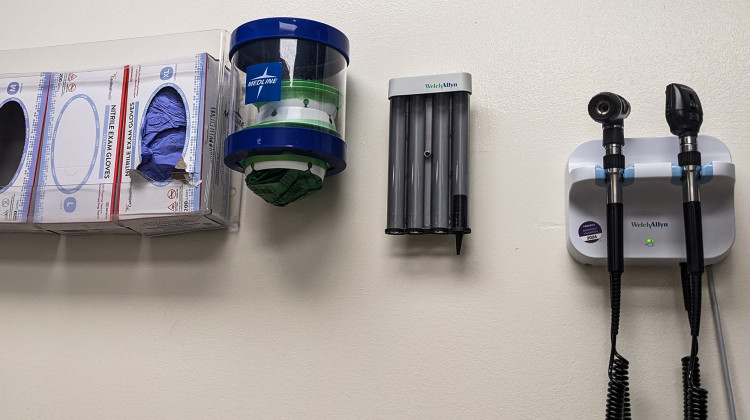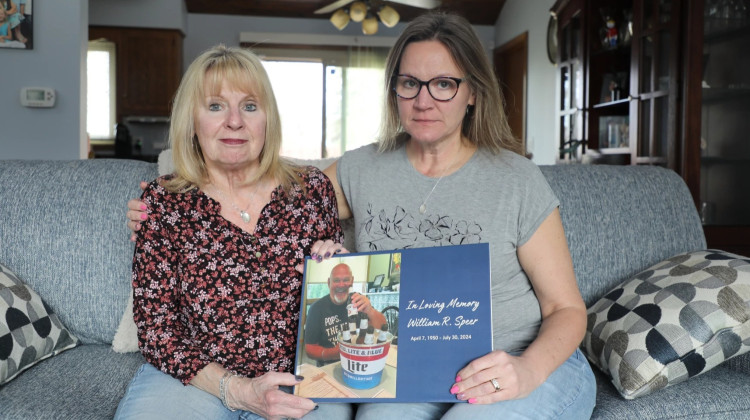The Family and Social Services Administration said Medicaid members 60 years or older need to select their Pathways for Aging health plan or they will be auto enrolled starting in late April.
Members will still be able to change their plans before the program officially launches on July 1, 2024 and until 90 days after the program officially begins.
The Pathways for Aging program shifts care to managed care health plans, rather than the fee-for-service structure the state has been using for Medicaid members over the age of 60.
FSSA said it has been reaching out to members to prepare them for the shift for months.
This included a letter informing them of the transition, their options and how to contact an “enrollment broker” to ask questions about the three managed care entities, or MCEs, available: Anthem Blue Cross and Blue Shield, Humana Healthy Horizons and United Healthcare Community Plan of Indiana. FSSA then followed up with phone calls to remind members to select their plans, according to a stakeholder update hosted last week.
FSSA said members looking to enroll should have the information for their primary medical provider and waiver provider when they call to ensure their new health plan covers that provider. However, the agency also says provider networks are still being developed and added, so there’s not a clean list of active providers for each health plan.
Members are expected to receive “welcome packets” from their MCEs in June.
The shift is also meant to help the 80 percent of people in the Pathways for Aging program who are dual enrolled in Medicaid and Medicare, according to FSSA.
Join the conversation and sign up for the Indiana Two-Way. Text "Indiana" to 765-275-1120. Your comments and questions in response to our weekly text help us find the answers you need on statewide issues and the election, including our project Civically, Indiana.
Indiana currently offers six Medicare Advantage contracts for Dual Eligible Special Needs Plans, or D-SNPs. But in January 2025, it will shift to three so members can align their Medicaid health plan with their Medicare health plan.
Throughout the process, FSSA is recommending providers and Area Agencies on Aging help members through the process.
Some lawmakers have raised concerns about the impact this shift could have on the Area Agencies on Aging.
MCEs are expected to take over case management, meaning Area Agencies on Aging will no longer play that role.
In November, Rep. Ed Clere (R-New Albany) said he wants the transition to be successful, but is worried it will be a “train wreck.” He said that with the loss of case management, Area Agencies on Aging are losing the revenue which can often subsidize the other functions of the agencies.
Last week, Rep. Greg Porter (D-Indianapolis) released a statement urging the Holcomb administration and FSSA to reconsider the approach to shifting to MCEs. He wrote Area Agencies on Aging will not have the financial capacity to help FSSA with the transition.
“Our state's 16 [Area Agencies on Aging] would be paid less to work more while big insurance companies come in and make a profit,” Porter said. “As Indiana's elderly population grows significantly in the next few years, this change that stakeholders have warned will likely result in less services available to seniors will only further strain a health care and nursing system we already know is going to be very strained.”
Porter said Area Agencies on Aging are the foundation of “vital community organizations” that MCEs won’t fund.
FSSA said it will have another Pathways for Aging stakeholder update in early June. Members can find more information on Pathways for Aging on the program’s website.
Abigail is our health reporter. Contact them at aruhman@wboi.org.
 DONATE
DONATE







 Support WFYI. We can't do it without you.
Support WFYI. We can't do it without you.